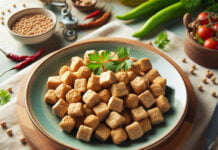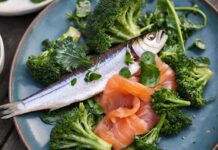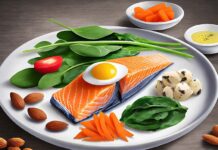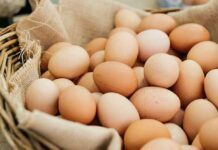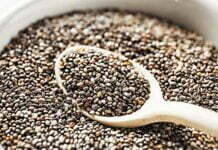So, let’s sit back and talk about soya chunks. You know these cute little balls of protein power, right? Well, surely, it must have featured at least on one of your dinner plates already. You will have heard mixed reviews about soya chunks. Are they miracle meat substitute or should we be careful about it? So let’s go and dig into that bowl of soya chunks and see what’s going on.
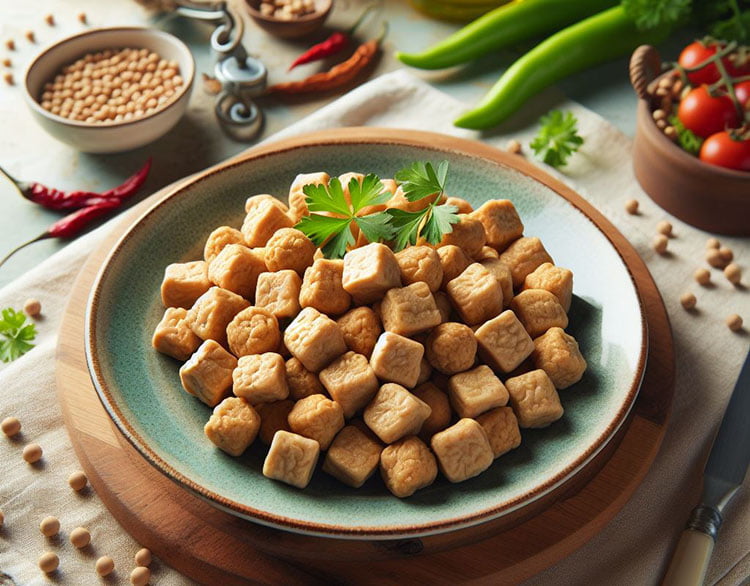
Absolutely at the top of the list would be soya chunks- a staple in most vegetarian and vegan dishes, used to replace meat protein. Essentially, it is defatted soy flour made through extrusion: basically, the fat is extracted and that becomes this dry, weird thing until it’s cooked. Boiled with soaking, however, it’s a great meat substitute for vegetarian stir-fries.
From the nutritional point of view, soya chunks really bring home the goods: they’re completely packed with protein, whether one is a gym rat or simply a guy that wants to just get enough of it in a diet without sitting down on too much meat, and come coupled with fiber, calcium, and iron, with their calorie content low. Not half bad, are they?
Now it gets interesting. People might have told you to go whispering-or maybe even shouting-about downsides of soya chunks that are possible. Indeed, a few concerns would be worth noting.
The main problem is with the source-say, soybeans. Soybeans, you see, contain compounds known as phytoestrogens, which are somewhat like the hormone estrogen. Some argue that such large intakes may disturb the delicate hormonal balance of the human body. In reality, studies regarding this subject are rather conflicting. On the one hand, there are a few studies indicating that these chemicals could work as estrogens do. On the other hand, many studies even pointed out the health benefits for symptom alleviation during the period of menopause and reduction in cholesterol levels.
The most glaring problem, of course, is that GMO soya has taken over the mass market, even leaving the most idealistic types to quiver at their very cores. If this bothers you, look for organic or soya chunks claiming non-GMO.
Not forgetting the processing part we mentioned above, soya chunks will benefit from the extrusion process bumping up the protein content. However, the same process means that soya chunks are processed food. Thus, while excellent for a balanced diet when taken occasionally, as a sole protein source, that might not be the best idea.
Soya chunks bad for health? Not quite. As with everything, there are pros and cons about it, too. So, in simple words, if one takes it moderately and as a part of other diets, so it is. To say: pay attention to quantities, that is, no overdoing about it, so to say as with everything.
Of course, it’s all about balance. If you like soya chunks and they can really be accommodated in your diet, it is convenient and nutritious. Always listen to your body, and if you have any dietary concerns, you might then go ahead and consult a healthcare professional. So, go ahead, savor that delectable soya chunk curry without worrying much!
Also Read – Is Red Meat Harmful For Us?


